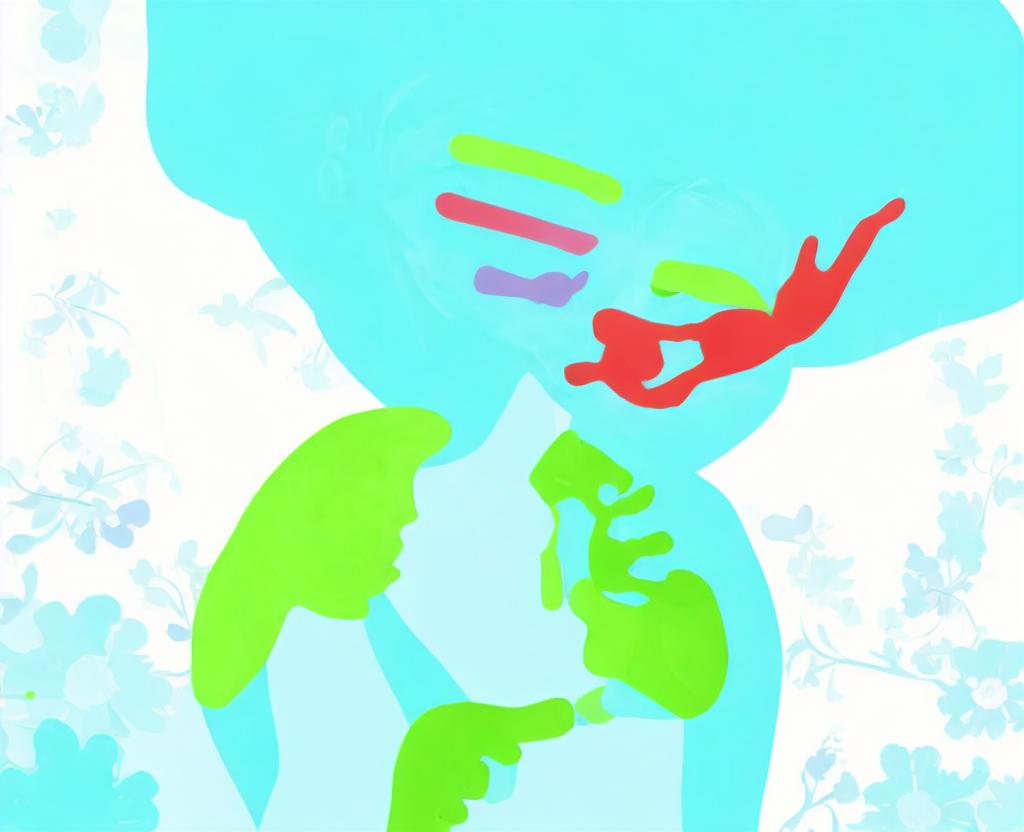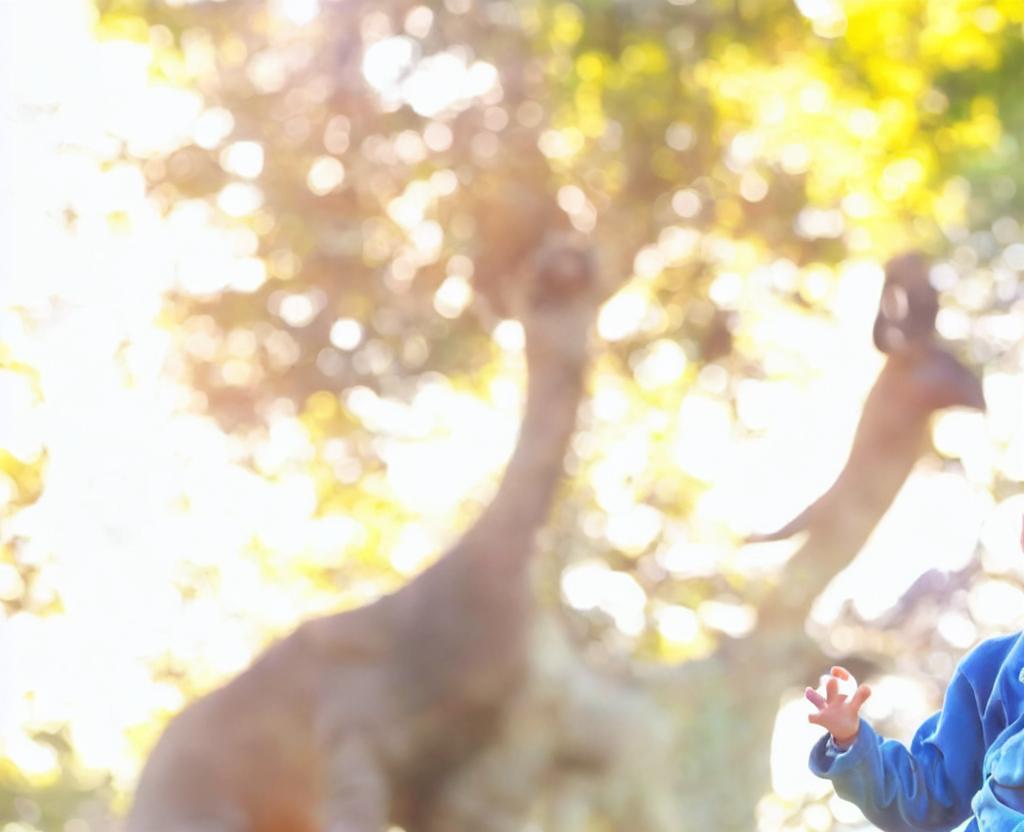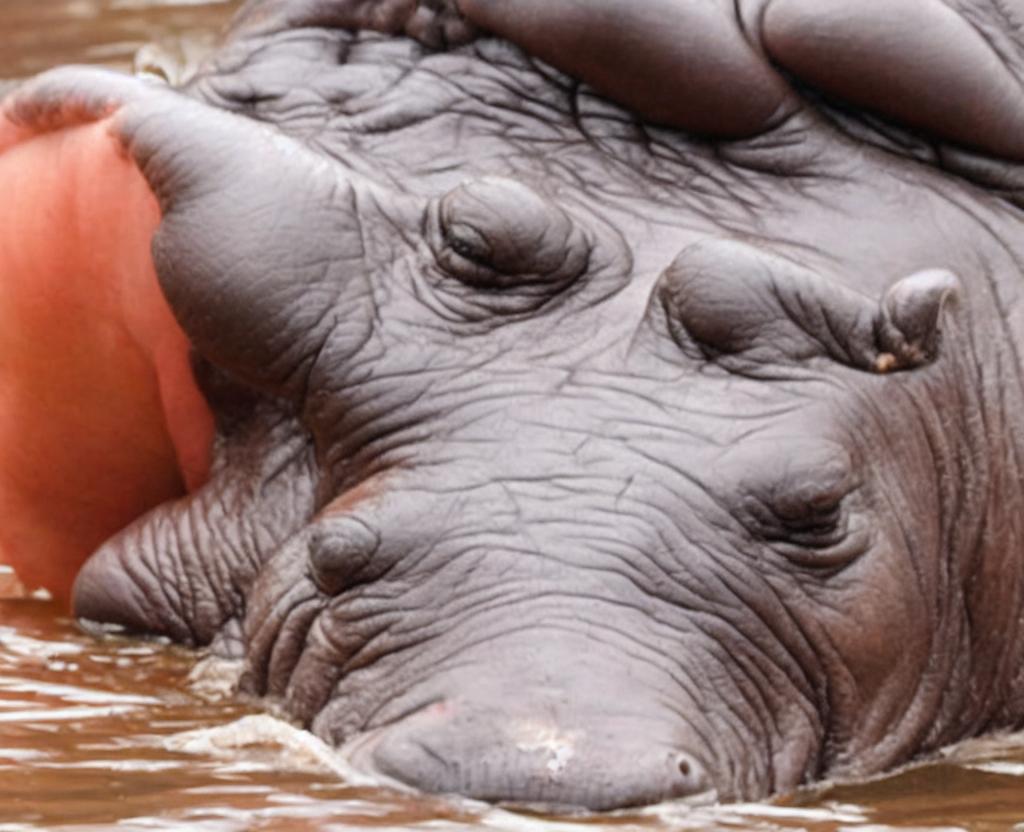
International Angelman Day
International Angelman Day, every year on February 15th, raises the alarm of a rare neuro-genetic disorder called Angelman syndrome. The day also helps us better understand this disease and the need for more research.
1 in 12,000 to 20,000 people around the world have Angelman syndrome. 20,000 to 20,000 people around the world. The UBE3A gene in the 15th chromosome's genome loses function, causing this rare condition. This particular chromosome is derived from the mother. Most diagnoses occur between the ages of 6 to 12 months. The symptoms that become most apparent during these years are the most noticeable.
Angelman syndrome has several signs in common::
- Delay in developmental milestones Delay in developmental milestones.
- Limited speech
- Unprovoked laughter and joking have been accompanied by smiling and joking.
- Hyperactivity
- Short attention span
- Having trouble sleeping or needing less sleep is a problem
- Limited mobility
These signs can vary from child to child. Some children with Angelman syndrome have seizures, while others have decreased muscle tone or exaggerated reflex responses, while others have decreased muscle tone or exaggerated reflex responses. In addition,, many babies have feeding difficulties and swallowing difficulties. The signs are similar to cerebral palsy, autism, and Prader-Willi syndrome. Many children with Angelman Syndrome are often misdiagnosed due to these similarities. As one gets older, some signs of Angelman syndrome get better. However, those with this rare disease do require life-long care.
Dr. Harry Angelman, an English physician, first recognized the condition in 1965 and published a research paper that first described children with symptoms. Many physicians doubted its existence because it was so rare. "Happy Puppet Syndrome" is the condition that causes unprovoked laughter of children with the disease, according to Dr. Angelman.
Dr. Charles Williams discovered that the disease was more prevalent than previously thought in 1982.. He and Dr. Jaime Frias suggested that the condition be renamed Angelman syndrome. Dr. Williams founded the Angelman Research Group (ARG), which later became the Angelman Syndrome Foundation.
#internationalangelmanday is a worldwide phenomenon that has dominated human life
This day, events on this day will highlight raising funds for Angelman syndrome, staging fundraisers, and promoting research. It's also a day to honor those with Angelman syndrome who are no longer with us.. To participate: To participate: To participate: To participate: You must register: To participate:
- Donate to an organization that funds Angelman syndrome research
- If you, or a loved one, has been diagnosed with Angelman syndrome, please share your story with others.
- Watch the film "Lou" which depicts a day in the life of a young man with Angelman syndrome.
- Volunteer in a cause in your neighborhood or create one yourself
r #WhatIsAngelmanDay on social media, spread the word with #InternationalAngelmanDay or #WhatIsAngelman.org.
History has a global angelman day
In 2013, the first International Angelman Day was celebrated. The Angelman Syndrome Foundation organizes and promotes the day.







